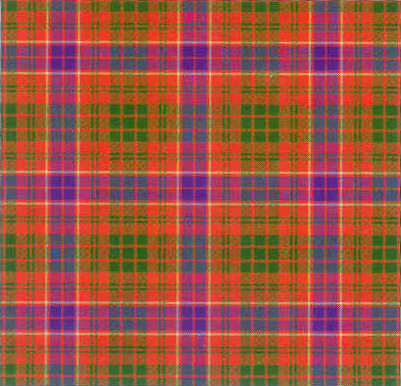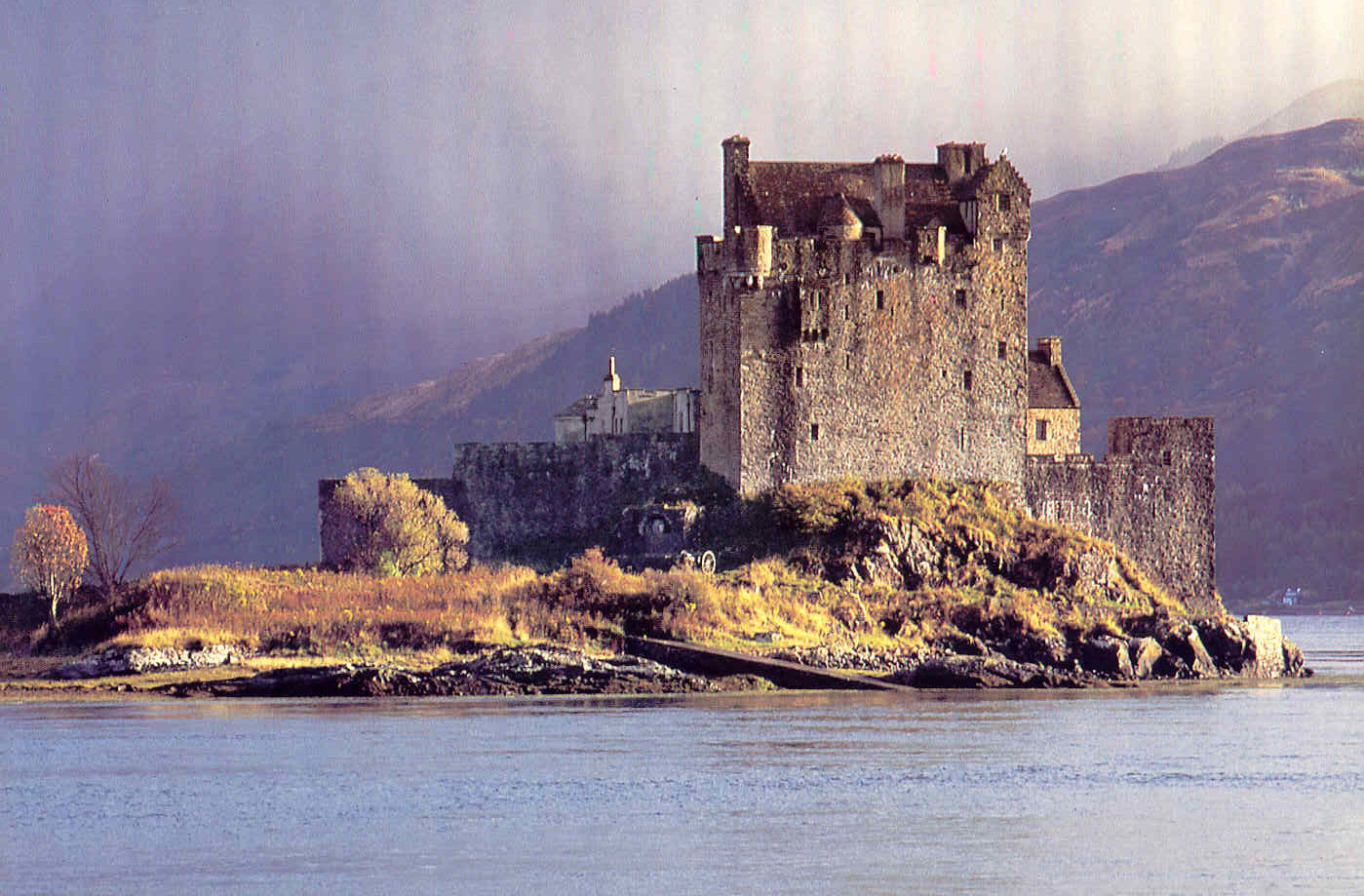Pict Clanns of Albann

Clann MACRAE

MacRae means son of Grace from the
P-Celtic 'Gras'. The Irish name form is MacGrath. The
clan's origins were ecclesiastical. Early records place them in Clunes,
near Beauly. They were at first vassals of the Earls of Ross, but later
became devoted to the MacKenzies. By the 14th century, they were well
established in their traditional heartland, Kintail, at the head of Loch Duich,
which was named after a Celtic Saint who was martyred on the island of
Eigg. 
As a part of their duties, they were constables of Eilean Donan Castle. There, they proved loyal supporters of the MacKenzies, earning the nick-name of ' the MacKenzies shirt of mail'. In 1539, the MacDonald Lords of the Isles, attempted to take Eilean Donald, but Duncan MacRae shot the MacDonald Chief with an arrow from the castle battlements, and he died of the wound. Some years later, Duncan MacRae, Chamberlain of Eilean Donan, was granted the estate of Inverinate.
After the Reformation, the MacRaes added to their warlike reputation in the fields of religion and literature. However, with the advent of William of Orange, the Episcopalians in Scotland were persecuted, eventually destroying the cultured aristocracy of the Highlands.
Notable family members were: John MacRae, who in 1774, emigrated to America just in time to fight on the wrong side of the American War of Independence, and died during his imprisonment. But before he died, he composed 'the Gaelic songs in America' which were carried back across the Atlantic and preserved by oral tradition in Kintail, Donnachadh nam Pios 'Duncan of the Silver Cups', who compiled the Fernaig Manuscript (1688 - 1693), an important anthology of Gaelic verse, James MacRae (1677 - 1744), Governor of Madras, India, and Colonel John MacRae, a Canadian medical officer who wrote the most memorable soldier's verse to come out of the horror of the First World War; In Flanders Fields.
Author's note: Ironically, I live on MacCrea Road, a misspelling of MacRae.
Every Canadian school child learns this poem, and knows the name of Colonel John MacRae.
In Flanders Fields, the poppies blow
Between
the crosses row on row that mark our place,
And in the sky, the Larks still
bravely singing fly
We are
the dead, short days ago we lived
Felt dawn saw sunset glow, loved and
were loved,
And now we lie in
Flanders Fields.
To you from failing hands we throw
the torch
Be yours to hold it high,
If ye break faith with us who die we
shall not rest
Though poppies grow in Flanders Fields.
A few short weeks after writing this remarkable poem, Col. John MacRae was killed in action.